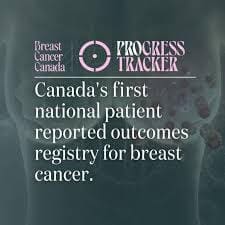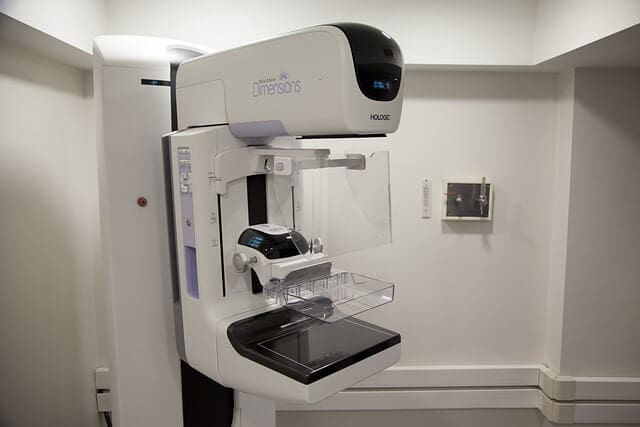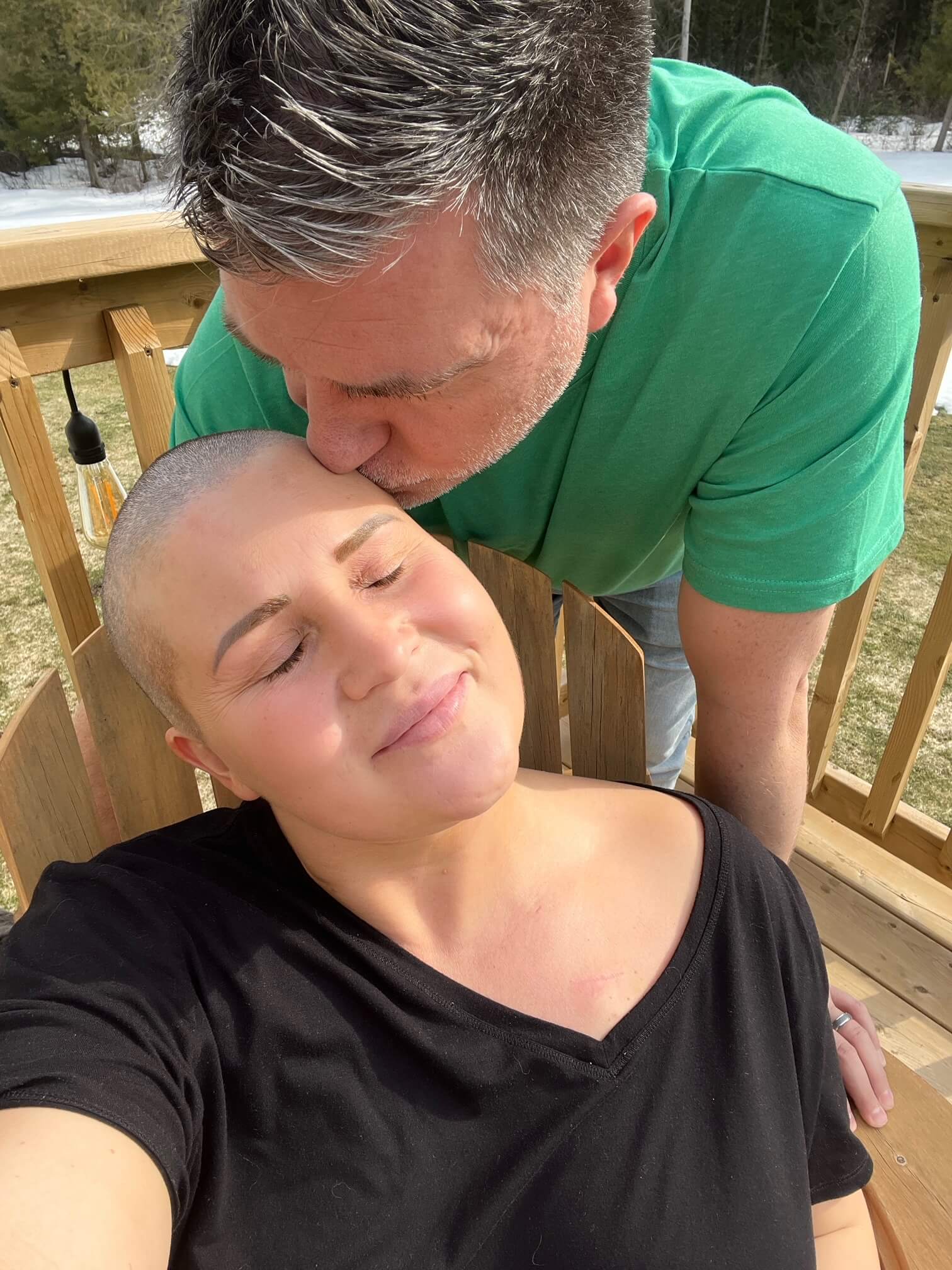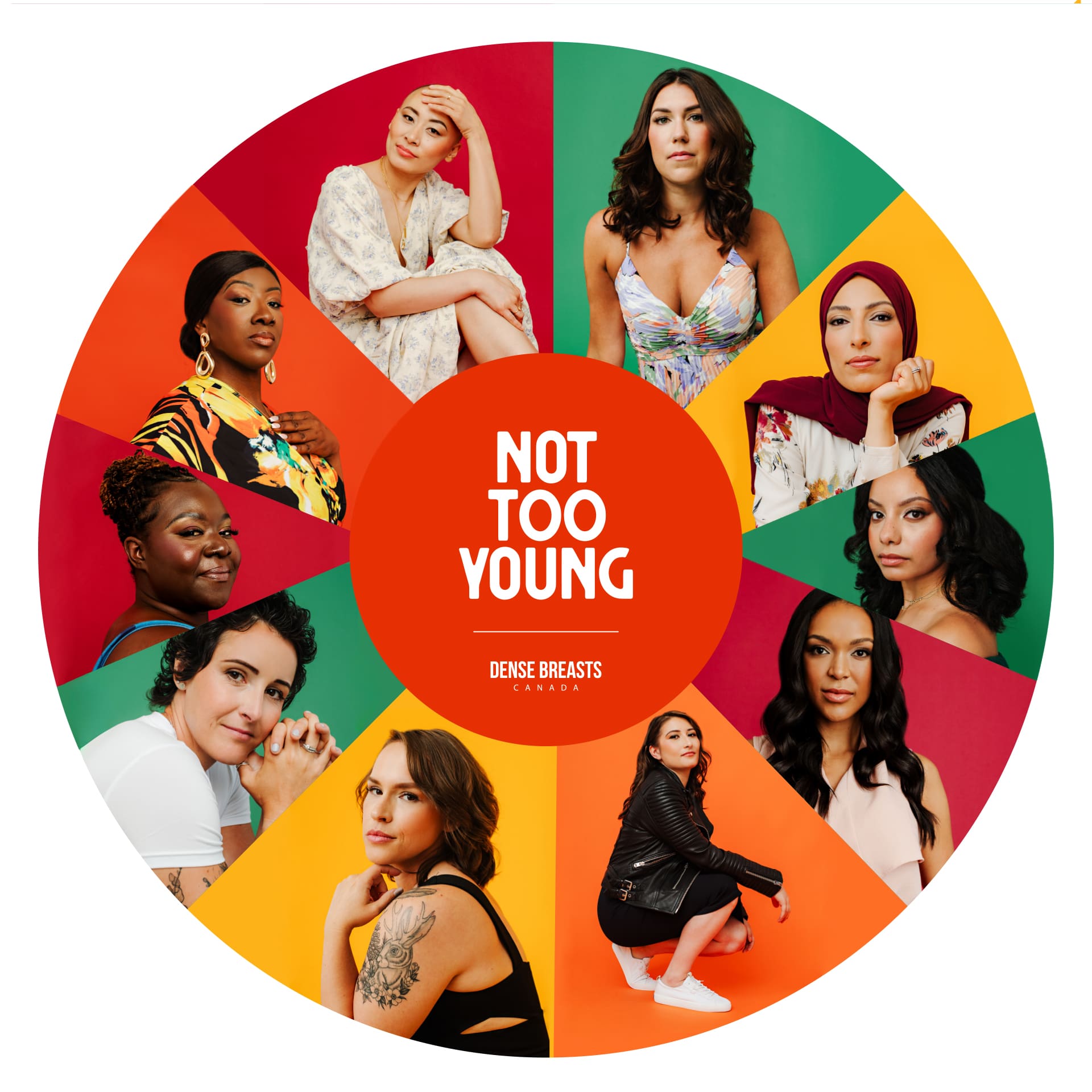A guest blog by Christine Jenkins
On May 27, 2022, I found out my breast cancer had returned. Learning to advocate for myself, after learning late in life I was autistic, has given me the strength, self-awareness, and tools to stand up for myself. When I was suddenly deposited back on the breast cancer treadmill, I needed to call upon the same skill set when it comes to breast cancer treatment and reconstruction, as society (and doctors) will try to force you to go with the flow. As an adult on the autism spectrum, I also can’t help but see many parallels in the way we must openly and actively advocate for ourselves, especially when we opt to go against what society deems to be the “typical” norm.
My message to you is don’t give in to that pressure. Know yourself and assess the personal cost in every situation.
My all-clear 5-year mammogram was postponed due to the COVID-19 healthcare backlog. After getting the bad news from two spring mammograms and the resulting biopsy, my breast surgeon offered a single mastectomy. I chose instead to be done with my breasts, which I frankly never wanted, and had a double mastectomy on July 4, 2022.
Quick decisions about breast reconstruction
Decisions were quickly expected of me. Now that breast reconstruction is a valid option (at least in more prosperous nations), surgeons push you to maintain your ‘womanliness’, sometimes via immediate implant, or by the insertion of spacers to expand the skin for later surgery. You may not be given much time to consider your options. The life-preserving operation must happen swiftly, and often too soon for women to weigh alternatives to the ‘figure-conserving’ new norm. Many revisions can be an unforeseen part of breast mound reconstruction. Sometimes implants must be removed as they fail or disappoint—this is called an explant.
‘Going flat’ immediately is rarely offered as a choice. More often, the breast cancer patient has to mention this option to her surgeon. The term Aesthetic Flat Closure (AFC, now found in the U.S. NCI guideline below) must specifically and repeatedly be stated. That said, satisfaction among women living flat is later found to be high.
The plastic surgeon I consulted in June 2022 had a completely different interpretation of ‘aesthetic.’ He kindly offered to artistically rebuild me, mostly using flaps from my tummy or lower back. For me, this meant more surgeries, more painful scars, more years lost…I politely declined. Even the post-operative camisole provided to me was for a C/D cup because that was my old size. Rather than argue with her, I let the bra fitter assume I would get reconstructed.
Canadian advocate Ellyn Winters said this: “I think doctors are a little in love with putting Barbie back together again. And the medical community doesn’t see AFC as being a reconstruction. And so, I think we need to start thinking about going flat, and the form of flat that I have, as being a completely valid viable reconstruction option.” “I’m not encouraging anybody to go flat, necessarily. That’s my decision. But…you shouldn’t be ashamed.”
Photo credit: Dana Donofree, AnaOno An actual survivor modelling the Leslie bra
There is now more help for women who choose to live flat. However, that choice is not always made available by surgeons. So women have to do their own research. Flat Friends UK, Not Putting on a Shirt, Flat Closure Now and my spectrum sister Nicki H gave me courage and support for my decision.
You could compare this to a neurodivergent person who resists pressure to fit in, and sometimes resists adult social skills training, or what I’ve come to call “ABA in the Wild.”
To foob or not to foob
Decades ago, breast cancer patients had few choices to save their lives. They were left gouged, misshapen, lopsided. But now we’ve gone to the other extreme—just because we can be reconstructed, should we? For me, the freedom to choose AFC and get it (which is not a given, witness many cases of ‘flat denial’ where patients wake up with an undesired outcome), is akin to asking for accommodations from the workplace so I can thrive autistically. We want to be given all options and make the best decision FOR OURSELVES.
Must women pad themselves out or get surgical breast enhancement? I say no. Jessica Chastain was on Instagram in July 2022 to actor Florence Pugh:
“Why is it so threatening for some men to realize that women can love our bodies without your permission? We don’t belong to you.”
I experienced a similar situation recently when a male medical student examined my healed mastectomy scar before my surgeon arrived (I was not asked if the student could attend.) The student asked why I wasn’t getting rebuilt. He mistakenly assumed that was the reason for my visit.
We know that most of the lingerie and indeed fashion designers are male (even the Muse mastectomy bra line— although it had survivor input.) Is padding out my surgically flat chest just another example of having to cater to the ‘male gaze’? Is this my new form of camouflage, to conform to a societal norm?
Companies who profit from women at this vulnerable time, pressure people undergoing major lumpectomies, single or double mastectomies, to maintain the appeal of a busty profile or a ‘pleasing contour.’ Pleasing to whom? I refuse to exist for the male gaze. Flatties who Foob* (Facebook group) group expert Anna H. often models her fashion finds three ways: all flat; padded out; or even one side flat, one side foobed. It is a whole new lifestyle choice.
For a breast cancer diagnosis or autism, knowledge is power
A cancer diagnosis and an autistic identification are both situations that affect one’s quality of life. Their outcomes are unclear unless all the facts are presented. In both instances, I have come to recognize that knowledge is truly power.
All Portraits, etc. from TheBreastandtheSea.com © Miana Jun
*Foob (N): Term popularized by breast cancer survivors to mean any false or fake boob. Some definitions assume they are temporary pending reconstruction. To foob can be a verb, as in to dress wearing foobs. Flatties like me have a variety of choices, both weighted and unweighted. No more sweaty silicone!
I hope you never have to go through this turmoil, especially more than once, but today there is help if you know where to look. Some who paved the way for me:
The late Donna Williams/Polly Samuel, and my very much alive autistic friends Nicki Hastie, Ann Memmott., Julie Roberts, Dianne Saunders. In the general community, Janet Lemoine and Nancy Thomson of Knitted Knockers of Canada, and Andrea Douglas of Ottawa. Cancer made us travelling companions, members of a club we never wished to join. I encourage all readers who have to face this to raise their voice, or pen, against the stereotypes impacting adult autistics and those affected by society’s image of breasts.
Dedicated to the late Erika Karrei: “I went through cancer solo, but I didn’t go through it alone.” RIP 1962-2022
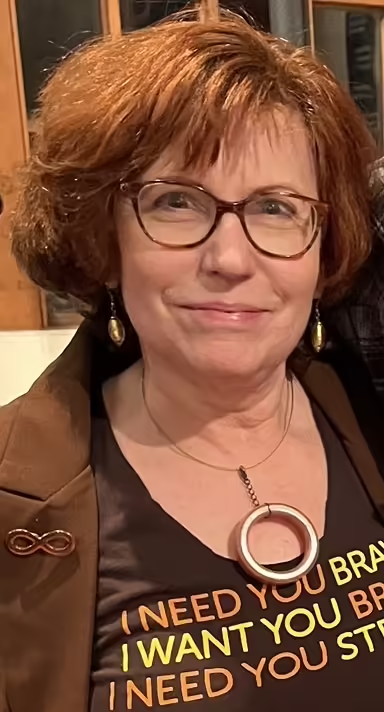
About the author
Christine Jenkins (she/her) has been an Autistic advocate for many years, and most recently around issues related to late female diagnosis, gender bias, and autistic aging. She is a co-author of the anthology Spectrum Women: Walking to the Beat of Autism (2018) and has presented in Canada and internationally. Christine is an author and peer reviewer for the journal Autism in Adulthood and edits other books and articles. She started her own business during the pandemic, Christine Jenkins AUsome Consulting, at tinyurl.com/cjAUsome. You can reach here here [email protected]
https://linktr.ee/christineajenkins
REFERENCES::
Baker, J.L., Attai, D.J. ASO Author Reflections: Patients Who Go Flat After Mastectomy Deserve an Aesthetic Flat Closure. Ann Surg Oncol 28, 2506 (2021). https://doi.org/10.1245/s10434-020-09489-0
Lee CN, Pignone MP, Deal AM, et al. Accuracy of Predictions of Patients With Breast Cancer of Future Well-being After Immediate Breast Reconstruction*. JAMA Surg. 2018;153(4):e176112. doi:10.1001/jamasurg.2017.6112 and other papers by Lee et al. [*compared with No Reconstruction.]
https://www.patientpower.info/breast-cancer/living-with-breast-cancer/breast-cancer-patients-opting-to-go-flat-after-mastectomy This article says 25% of American women go flat. The Globe and Mail article on Ellyn says only 1 in 7 Ontario women do. We need to be given all the options.Ellyn Winters article in People: https://people.com/health/breast-cancer-ellyn-winters-feels-powerful-after-double-mastectomy/ Video with photo shoot: https://people.com/health/ontario-woman-is-not-hiding-after-breast-cancer-diagnosis-and-double-mastectomy/

